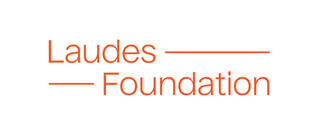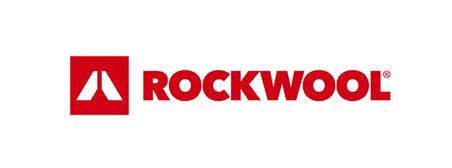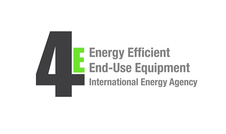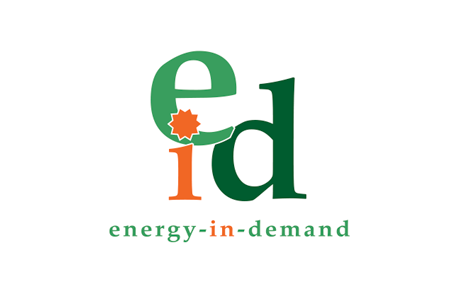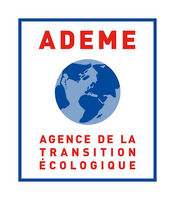Search eceee proceedings
Who is paying for decarbonizing the Dutch residential sector? A detailed cost-benefits analysis of the Dutch ambitions to phase out natural gas
Panel: 7. Policies and programmes for better buildings
This is a peer-reviewed paper.
Authors:
Casper Tigchelaar, ECN part of TNO - Energy Transtion Studies, The Netherlands
Vera Rovers, TNO, The Netherlands
Arjan Zwamborn, TNO, The Netherlands
Evie Cox, TNO, The Netherlands
Abstract
The Netherlands, in which 92 % of houses are heated by natural gas, has the ambition to phase out residential natural gas consumption completely by 2050. Municipalities are tasked to draw up plans for each neighbourhood on how and when they transition to become carbon neutral. Minimizing societal costs is the main criterion for selecting technical strategies.
Societal costs reflect effects on society as a whole, but they do not reflect the actual costs and benefits for each individual stakeholder. We determined these costs and benefits for homeowners, tenants, landlords and the national government. This resulted in a large dataset for a variety of dwelling types which are split based on typology, construction period, energy performance, ownership and energy behaviour.
Based on analysis of this data, we conclude that none of the strategies to phase out natural gas are cost effective for homeowners in 2020. Actions to stimulate cost reduction and changes in energy taxation help to improve this for 2030. We concluded that different decarbonisation options do not receive equal support from the government. Explicit and implicit benefits favour district heating and renewable gas options over all-electric options. Regulations, not necessarily designed with the energy transition in mind, have a large effect on the distribution of cost and benefits between actors. Investments in energy efficiency for example are uneconomical for landlords, since rental laws prevent them from increasing the rent to compensate for their costs.
The most economical way to reach the goal of 1.5 million natural gas free dwellings in 2030 is to prioritize well-insulated dwellings over inefficient dwellings, since the cost and benefits for installations are more favourable in these houses. Using this approach, it is more cost effective to reach large numbers of renovations quicker. However, investments in energy efficiency serve multiple purposes, such as alleviating energy poverty and reducing the demand for scarce (renewable) energy sources. Consequently, a different prioritization than one from a pure financial standpoint may be desirable.
Downloads
Download this presentation as pdf: 7-019-22_Tigchelar_pres.pdf
Download this paper as pdf: 7-019-22_Tigchelaar.pdf
Panels of
1. Dynamics of consumption: less is more?
2. Efficiency and beyond: innovative energy demand policies
3. Policy, finance and governance
4. Monitoring and evaluation for a wise, just and inclusive transition
5. Towards sustainable and resilient communities
6. Energy-efficient and low-carbon mobility for all
7. Policies and programmes for better buildings
8. Innovations in products, systems and building technologies












